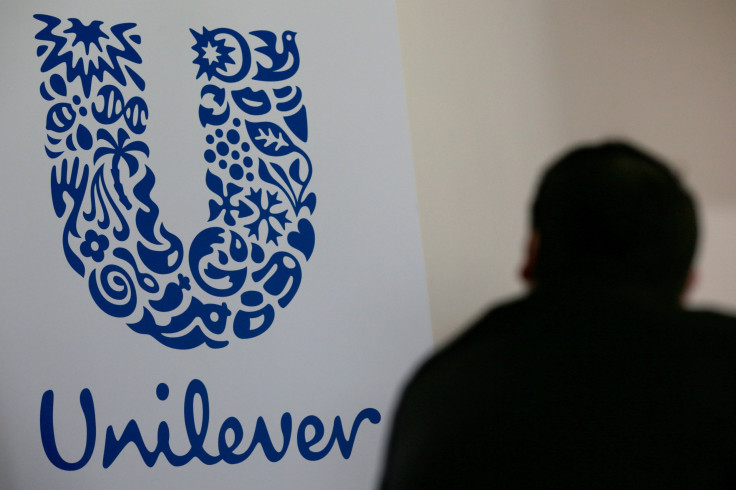What Is Dollar Shave Club? Unilever Reportedly Values Razor Service At $1B

Unilever has bought the upstart Dollar Shave Club, the companies announced Tuesday night. Unilver paid a pretty penny for the razor service, with reports indicating the pricetag was $1 billion.
It's a remarkable sale for Dollar Shave Club, which was founded in just 2012. It first gained steam with an ad that was snarky, odd and irreverent — a perfect mix of ingredients for the internet. The ad went viral and has been watched nearly 29 million times as of this writing (the video is embedded below).
"What is DollarShaveClub.com?" asks founder and CEO Michael Dubin in the video. "Well, for a dollar a month we send high quality razors right to your door."
Dollar Shave Club has since expanded its offerings, including even "flushable butt wipes for men," but it is still largely based around sending subscribers bundles of razors on the cheap.
Dollar Shave Club has some 3.2 million members now with revenue of $153 million last year and projected revenue of more than $200 million this year. It has taken on giants like Gillette, even making pointed jokes at their competitors' expense in that first ad. Dollar Shave Club isn't yet profitable but has indicated that may change by year's end.
Unilever owns many personal care brands but no razor brands. The deal came as a result of monthslong talks between Dubin and Kees Kruythoff, Unilever’s president of North America, Recode reported.
"Dollar Shave Club is an innovative and disruptive male grooming brand with incredibly deep connections to its diverse and highly engaged consumers," said Kruythoff in a statement. "In addition to its unique consumer and data insights, Dollar Shave Club is the category leader in its direct-to-consumer space. We plan to leverage the global strength of Unilever to support Dollar Shave Club in achieving its full potential in terms of offering and reach."
Dubin will continue to run Dollar Shave Club. "We weren’t looking to be acquired ... but he did a really great job convincing us of a few things," he said to Recode in an interview. He liked "how ambitious and aggressive and innovative they are" and "the economies of scale they can bring in a lot of different areas."
© Copyright IBTimes 2024. All rights reserved.





















